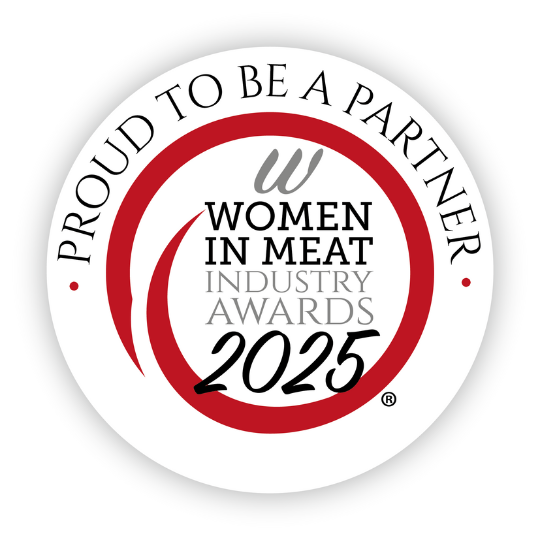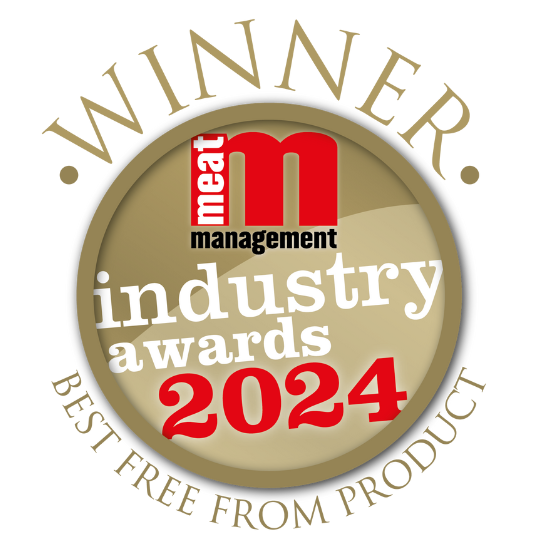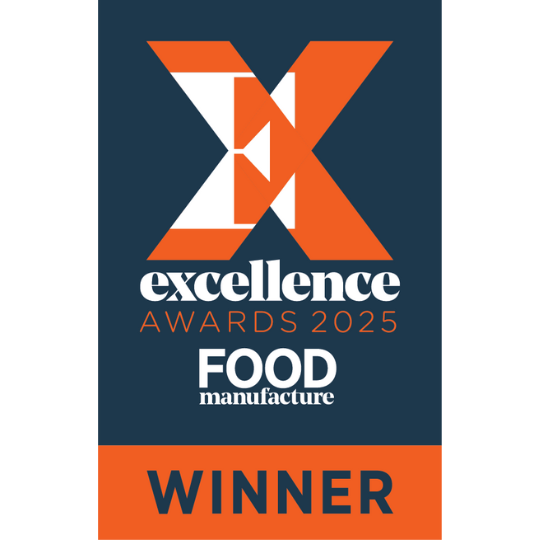- Leading brands including Tesco, Nestle UK and Ireland, Sainsbury’s, Nando’s, KFC UK and Ireland, Morrisons and McDonald’s UK and Ireland sign up to UK Soy Manifesto[1]
- Pledge means UK signatories commit to purchasing soy that is deforestation free, protecting forests and valuable native vegetation
- Signatories represent close to 60% of all UK soy bought every year
Today (9th November 2021), UK industry leaders from 27 major businesses – all of the biggest UK grocery retailers (including Tesco, Asda, Sainsbury’s, Waitrose, Marks & Spencer and Iceland), some of the largest meat producers (including Avara Foods, 2 Sisters Food Group, Cranswick, Pilgrim’s UK), and food service companies and brands (such as Danone UK and Ireland, Nestle UK and Ireland, Nando’s, KFC UK and Ireland and McDonald’s UK and Ireland) united in signing the UK Soy Manifesto.[2] This commits them to cutting deforestation and habitat destruction out of UK soy supply chains as soon as possible, and by 2025 at the latest.
In order to ensure rapid progress towards this goal, all signatories agree to:
- Setting a robust deforestation- and conversion-free commitment – so no soy arriving in the UK is responsible for habitats being cleared for agriculture after January 2020[3]
- Asking direct suppliers to adopt the same commitment – and require that of their suppliers as well
- Writing Manifesto commitments into contracts and supporting suppliers to ensure targets are met
- Publicly sharing details of their progress
- Support improved reporting, in order to check that soy coming into the UK is not responsible for deforestation or destruction of other ecosystems.
Signatories include 27 brands, retailers, food service companies and livestock producers operating in the UK, representing nearly 2 million tonnes of soy purchases each year and more than half (nearly 60%) of the UK’s total consumption.
The conversion of forests and other ecosystems for agricultural production – including the production of soy, palm, beef, and timber – is a major contributor to climate change, as well as driving biodiversity loss. Just under a quarter (23%) of global human-caused greenhouse gas emissions come from agriculture, forestry, and other land uses, and most of these emissions are due to deforestation[4]. It does not have to be this way: agricultural and forestry commodities can be grown without further destroying native vegetation.[5]
The UK’s consumption of soy – 3.5 million tonnes in 2020 – though small in global terms, is contributing to pressure on biodiverse landscapes such as the Cerrado, the Atlantic Forest, the Gran Chaco and Chiquitania in South America. UK consumption of soy in 2017 led to an estimated 3,081 hectares of deforestation, an area twice the size of the City of London.[6] Soy is one of the main contributors to the UK’s deforestation and conversion footprint today.[7] Most of this soy is used in the form of animal feed.
UK industry has already started to take action to protect forests and other natural ecosystems by improving transparency and information sharing throughout UK soy supply chains and driving increased use of certification to support sustainable soy production in South America. But there is a shared recognition of the need to take more ambitious action, faster and at scale. Mainstream transformation cannot be achieved by companies working on their individual supply chains alone. Businesses all across supply chains, as well as soy producers, must take responsibility and act together.
Global markets need to provide financial incentives and technical support[8] to boost sustainable production. Governments in producer and consumer countries and regions also have an important role to play.
UK industry welcomes the commitments announced at COP 26 by producer and consumer governments to promote sustainable development and trade while protecting forests and other critical ecosystems, through the Glasgow Leaders’ Declaration on Forests and Land Use and the Forest, Agriculture and Commodity Trade Dialogue (FACT) Joint Statement and Roadmap For Action.
The UK Soy Manifesto aligns with and builds upon similar initiatives in other markets such as the French Soy Manifesto, to show increasing demand and action plans from industry on removing all deforestation and ecosystem destruction from soy supply chains.
Tesco CEO Ken Murphy and WWF-UK CEO Tanya Steele will both speak at the UK Soy Manifesto’s formal virtual launch today, Tuesday 9th November, where they will be joined by signatories, industry representatives and experts.
UK Government said:
“The UK Government welcomes the leadership role UK companies are taking to drive the transition to deforestation-free soy supply chains through the UK Soy Manifesto. Initiatives like the manifesto can complement Government efforts to meeting our climate and environment objectives.”
References:
[1] The UK Soy Manifesto is facilitated by Efeca, the convenor of the UK Roundtable on Sourcing Sustainable Soya and collectively led by all its industry signatories. Other civil society organisations (including WWF and Global Canopy), consultancies and research/academia partners provide support to the manifesto.
[2] Please see the full list of signatories in the ‘Notes to editors’ at the end of this document.
[3] The commitment must be aligned with the principles, operational guidance and definitions set out in the Accountability Framework – a practical, consensus-based guide for achieving and monitoring deforestation, conversion and human rights abuse-free supply chains.
[4] IPCC (2019), Special Report on climate change, desertification, land degradation, sustainable land management, food security, and greenhouse gas fluxes in terrestrial ecosystems.
[5] In the Cerrado alone, 23 million hectares of already cleared land is available to grow soy. This could at least double production in the region for decades to come, supporting economic development in Brazil, without further devastation of the ecosystem. See Rausch et al. (2019), Soy expansion in Brazil’s Cerrado.
[6]JNCC (2021) https://hub.jncc.gov.uk/assets/91efc19d-f675-426f-9333-ed0195cc729d and via the commodity footprint dashboard https://www.commodityfootprints.earth
[7] Ibid.
[8] This may include financial incentives (e.g., grants or low-interest loans) and/or technical assistance to support producers to protect native vegetation on their private property and only expand production on existing cleared land (such as degraded agricultural land).







